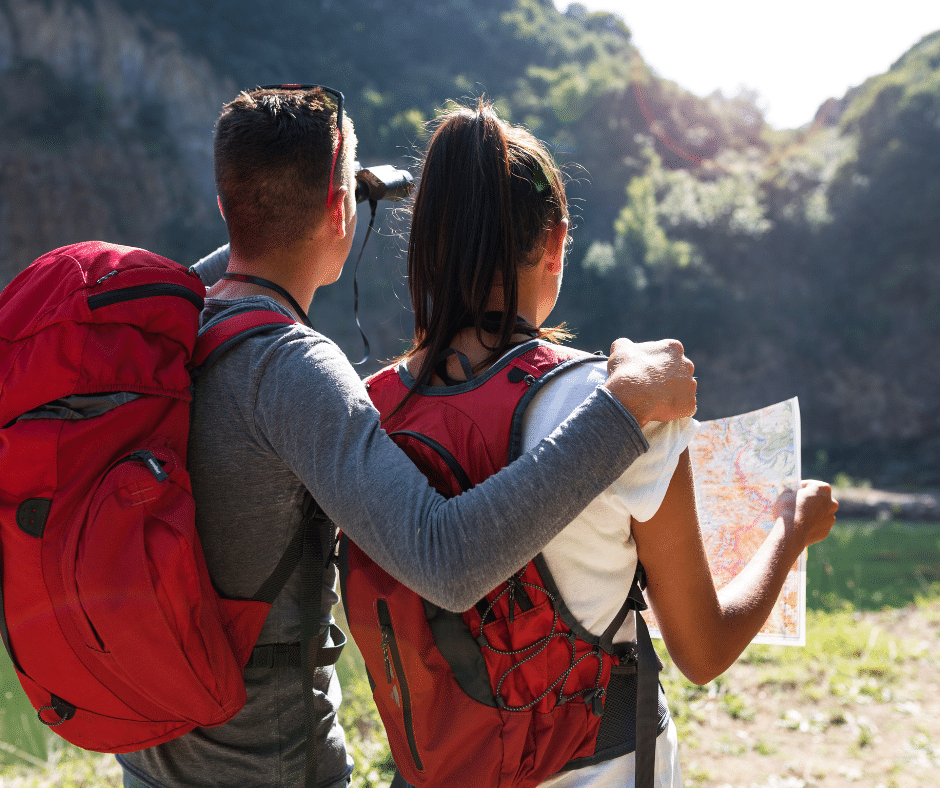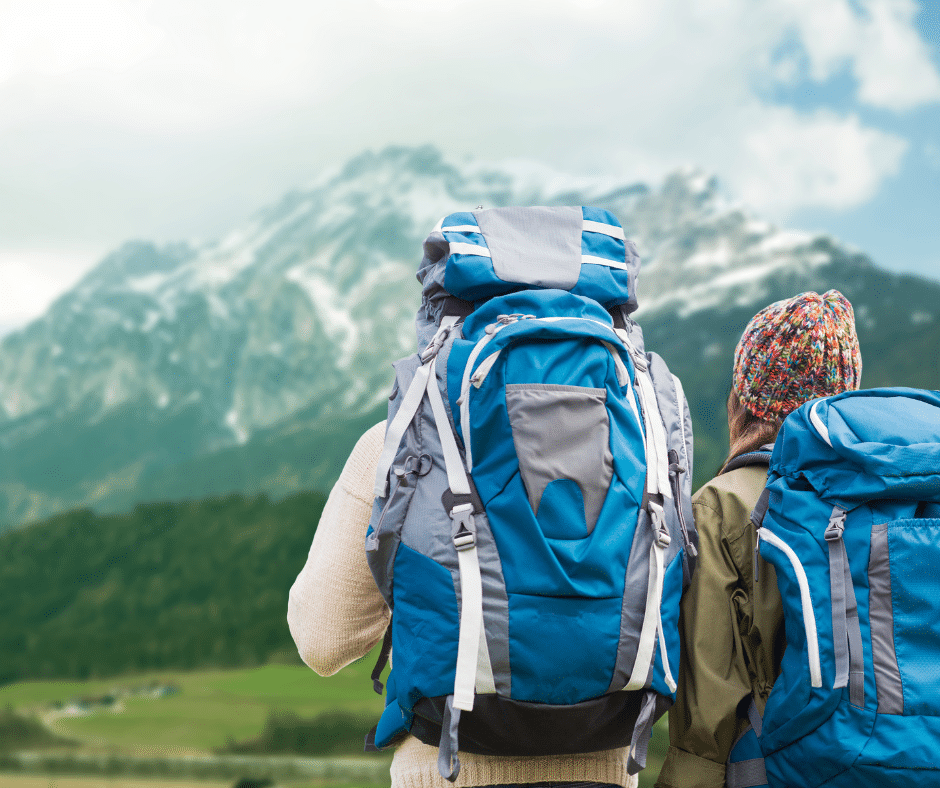Backpacking can be an incredible way to see the world, connect with people from different cultures, and stretch your comfort zone. However, backpacking can also be expensive, especially if you’re traveling on a tight budget. Fortunately, there are many ways to save money while backpacking that can help make your trip more affordable and enjoyable. In this article, we’ll explore some tips for backpacking on a shoestring budget.

Plan Ahead and Be Flexible
One of the most important steps for saving money while backpacking is to plan ahead and be flexible with your travel plans. This includes researching affordable destinations, finding budget-friendly accommodations such as hostels or camping sites, booking transportation in advance, and being open to alternative forms of transportation such as buses or trains.
By planning ahead and being flexible, you can often take advantage of discounts, promotions, and last-minute deals that can help reduce your travel costs.
Cook Your Own Meals
Eating out at restaurants can be pricey, especially if you’re traveling for an extended period of time. Instead of relying on restaurants for every meal, consider cooking your own meals. Many hostels and camping sites have communal kitchens where you can cook your own meals, and buying groceries at local markets can be a more cost-effective option than eating out.
Cooking your own meals can also be a great way to connect with other travelers and bond over shared experiences.
Travel Light
Packing light can be a great way to save money while backpacking, as it eliminates many of the costs associated with checking luggage, such as baggage fees and additional weight charges. Packing light can also make it easier to travel by public transportation, such as buses or trains, which often have weight restrictions for baggage.
In addition to saving money, traveling light can also make your trip more comfortable and enjoyable, as it reduces the amount of additional baggage you need to haul around.
Travel During Off-Peak Times
Traveling during off-peak times can be an effective way to save money on transportation and accommodations. For example, traveling during the shoulder season, which is the period between peak and off-peak travel times, can result in lower prices for flights, accommodations, and other travel-related expenses.
Traveling during off-peak times can also help you avoid crowds and experience destinations in a more authentic and relaxed way.
Choose Free or Cheap Activities
Many of the best travel experiences are free or low-cost, such as hiking, swimming, biking, or visiting local landmarks and museums. Rather than spending money on expensive tours or attractions, consider exploring the local area on foot or by public transportation.
Many cities also offer free walking tours or hostels that organize group outings and activities that can be a fun way to connect with locals and other travelers.

Be Mindful of Your Spending
Finally, it’s important to be mindful of how you’re spending your money while backpacking. This includes tracking your expenses, creating a budget, and avoiding expensive habits such as drinking at bars or eating at restaurants every day.
By being mindful of your spending and keeping track of your expenses, you can make informed decisions about where to allocate your resources and avoid overspending.
Backpacking on a shoestring budget can be an incredible way to see the world and connect with people from different cultures. By planning ahead, being flexible, cooking your own meals, traveling during off-peak times, choosing free or cheap activities, and being mindful of your spending, you can make your backpacking trip more affordable and enjoyable. With a little creativity and resourcefulness, you can stretch your budget and make unforgettable memories that will last a lifetime.
